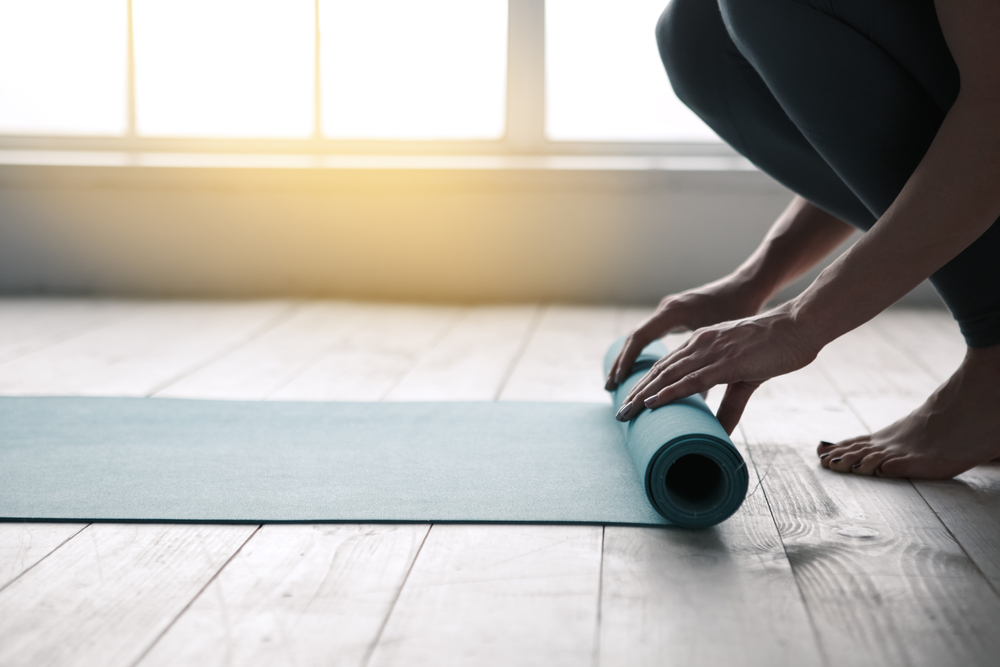Living with anxiety is difficult. What can make it worse are the number of myths and misconceptions about it. One of the primary misconceptions is that anxiety is uncommon. However, studies show that in many developed nations five out of every 100 people deal with anxiety. Another nine out of every 100 people have a combination of anxiety and depression. Here are some of the more prevalent myths about anxiety that needs to be dispelled.
A Person Has Anxiety Because of a Negative Experience
The fact is that anxiety is complicated. People experience anxiety when there’s not an identifiable reason. True, people can experience stress at a level that’s beyond their ability to cope and this can lead to anxiety. Anxiety can also be created by the expectation of a future negative or uncertain experience.
Anxiety Harms You Physically
Anxiety can create negative physical symptoms, but with time these fade. The symptoms could include things like rapid breathing, tightness of the chest, heart palpitations, and more. Anxiety attacks, according to research, last for around 20 to 30 minutes and then the physical symptoms start to fade. The fight or flight system that is activated when a person experiences anxiety is designed to alert a person to danger. Then a person starts to feel tired when the physical symptoms begin to fade.
Physical Symptoms Make It Obvious to Tell That Someone Has Anxiety
Anxiety can make a person feel faint or dizzy. However, you could be sitting next to a person who is experiencing an anxiety attack and has no idea. Anxiety manifests itself in a number of ways. Some of these manifestations have no discernible external symptoms.
Some people have learned to manage their symptoms to the point where they can go years without people noticing they have anxiety. Many people have no physical symptoms, but they are plagued with intrusive worrying thoughts.
Other people may show the typical physical symptoms that are associated with anxiety. Their breathing may change, subtle tension may appear, and their muscles may start to tense as anxiety overtakes them.
Anxiety Will Just Go Away on Its Own
Anxiety typically does not go away on its own. People learn how to manage the symptoms or mask the symptoms and go about living a normal life. It is advisable for people battling with anxiety to seek support to understand how to properly handle their anxiety.
Many people give bad advice to their friends with anxiety because they don’t really understand what anxiety is and how it affects sufferers. They say hurtful things like snap out of it, just get on with it, and remain calm.
Anxiety Affects a Person’s Whole Way of Living
This is true for some people, but for many people it is situational. Anxiety attacks them when they need to speak in front of a large crowd or when they need to confront an individual of authority. Confident people and people who have to carry out weighty responsibilities battle with anxiety.
It would not be accurate to say that people recover from anxiety, but they can control or reduce anxiety. Some do this with medication, and others do it with the appropriate support or therapeutic interventions.







